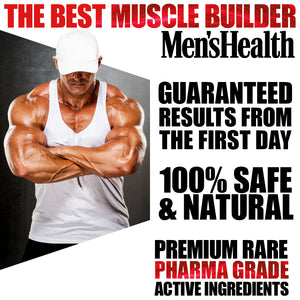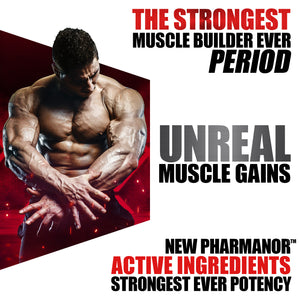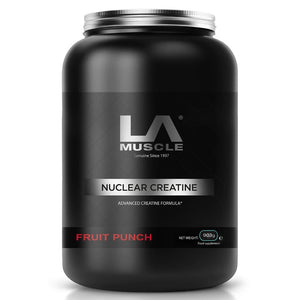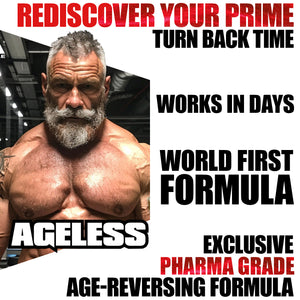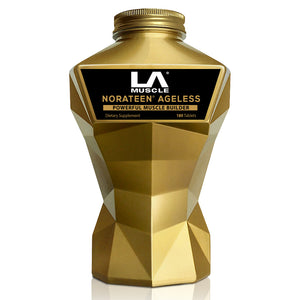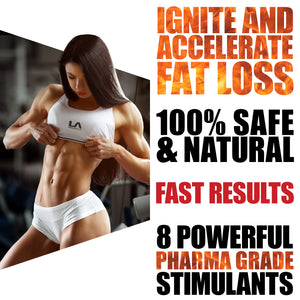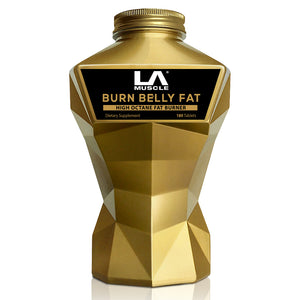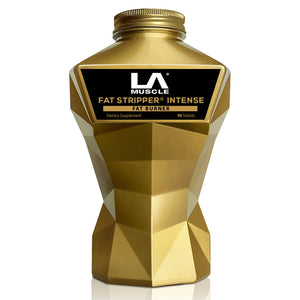Relative Energy Deficiency in Sport (RED-S) is a condition that can significantly impact your exercise regime and hinder your ability to reach your fitness goals. Recognising and addressing RED-S is crucial for athletes and fitness enthusiasts aiming to optimise performance, maintain health, and achieve long-term success in their chosen activities.
What is RED-S?
RED-S occurs when there is an imbalance between the energy consumed through food and the energy expended through exercise and daily activities. Essentially, the body doesn't receive enough fuel to meet its energy demands, leading to a cascade of negative physiological and psychological effects. While it is most commonly associated with elite athletes, anyone engaging in regular physical activity without adequate nutrition can develop RED-S.
Symptoms and Consequences of RED-S
RED-S affects virtually every system in the body. Some of the most notable symptoms include:
- Decreased Performance: Insufficient energy can lead to poor stamina, reduced strength, and slower recovery times, directly impacting your ability to train effectively.
- Hormonal Imbalances: Disrupted hormone levels can cause menstrual irregularities in women and lower testosterone levels in men, affecting overall health and performance.
- Bone Health: Chronic energy deficiency can lead to decreased bone mineral density, increasing the risk of fractures and long-term conditions like osteoporosis.
- Immune Function: A weakened immune system leaves you more vulnerable to infections and illnesses.
- Mental Health: Anxiety, depression, and impaired concentration are common in those suffering from RED-S.
- Metabolic Slowdown: A prolonged energy deficit can slow down your metabolism, making it harder to achieve body composition goals.
How RED-S Impacts Exercise Regimes
-
Reduced Energy Levels
Low energy availability can leave you feeling fatigued and unmotivated, making it difficult to maintain a consistent training schedule. This fatigue can also increase the risk of injuries and overtraining. -
Impaired Recovery
Without adequate energy intake, your body cannot repair and rebuild muscle tissues effectively. This slows recovery and can lead to chronic soreness, further impacting training intensity and frequency. -
Decreased Strength and Endurance
The body prioritizes essential functions when energy is scarce, often at the expense of physical performance. Strength, endurance, and agility can all suffer as a result. -
Plateauing or Regressing Fitness Goals
Goals such as muscle gain, weight loss, or improved performance can stall or regress due to insufficient energy to support the body's needs.
Strategies to Prevent and Address RED-S
-
Adequate Energy Intake
Ensure you're consuming enough calories to meet your basal metabolic rate (BMR), daily activity level, and training demands. Include a balance of macronutrients: carbohydrates, proteins, and healthy fats. -
Nutrient Timing
Fuel your body before and after workouts with easily digestible carbs and protein to replenish energy stores and support recovery. -
Monitor Signs
Pay attention to your body's signals, such as persistent fatigue, mood changes, or menstrual irregularities. These may indicate insufficient energy intake. -
Seek Professional Guidance
Work with a registered dietitian or sports nutritionist to develop a personalized nutrition plan tailored to your activity level and goals. -
Balance Training Volume and Intensity
Avoid excessive training without proper recovery periods. Incorporate rest days and prioritize sleep to support overall well-being.
The Importance of a Balanced Approach
Exercise and fitness should contribute positively to your overall health. When training becomes unsustainable due to conditions like RED-S, it’s important to reassess your approach. By ensuring proper energy intake and listening to your body, you can protect your health while pursuing your fitness goals.
RED-S can significantly affect your exercise regime and goals by diminishing your performance, recovery, and overall health. Understanding and addressing this condition is essential for anyone committed to long-term fitness and well-being. Prioritise fuelling your body adequately, and remember: health always comes first.



